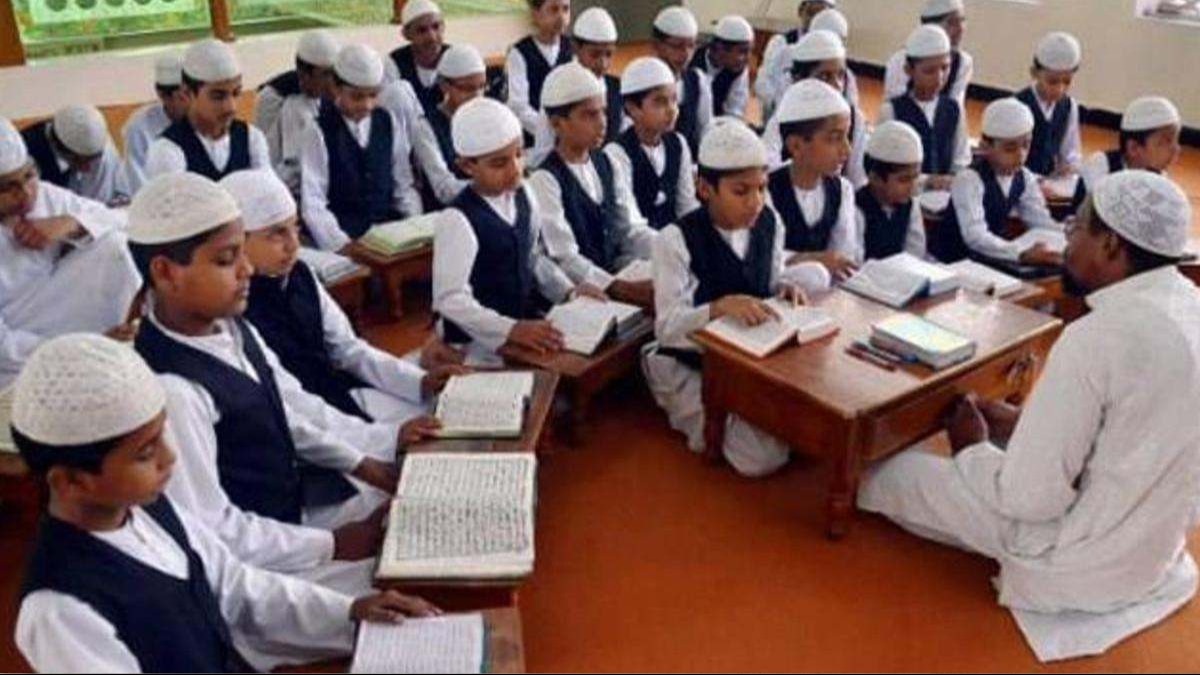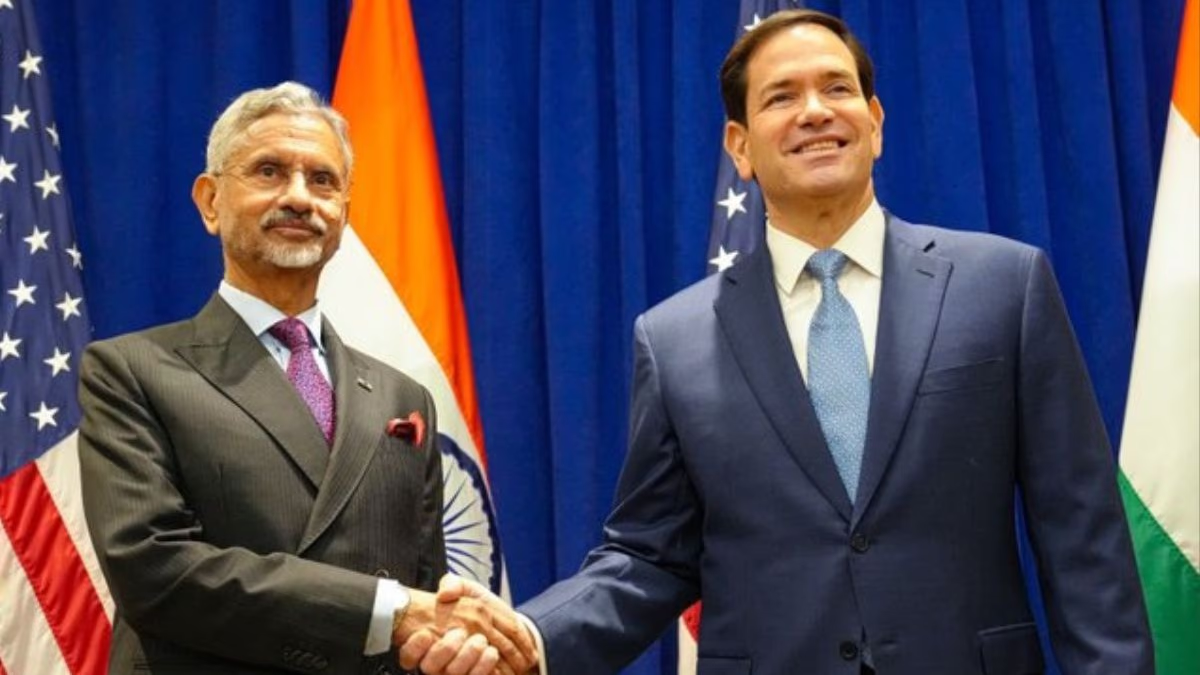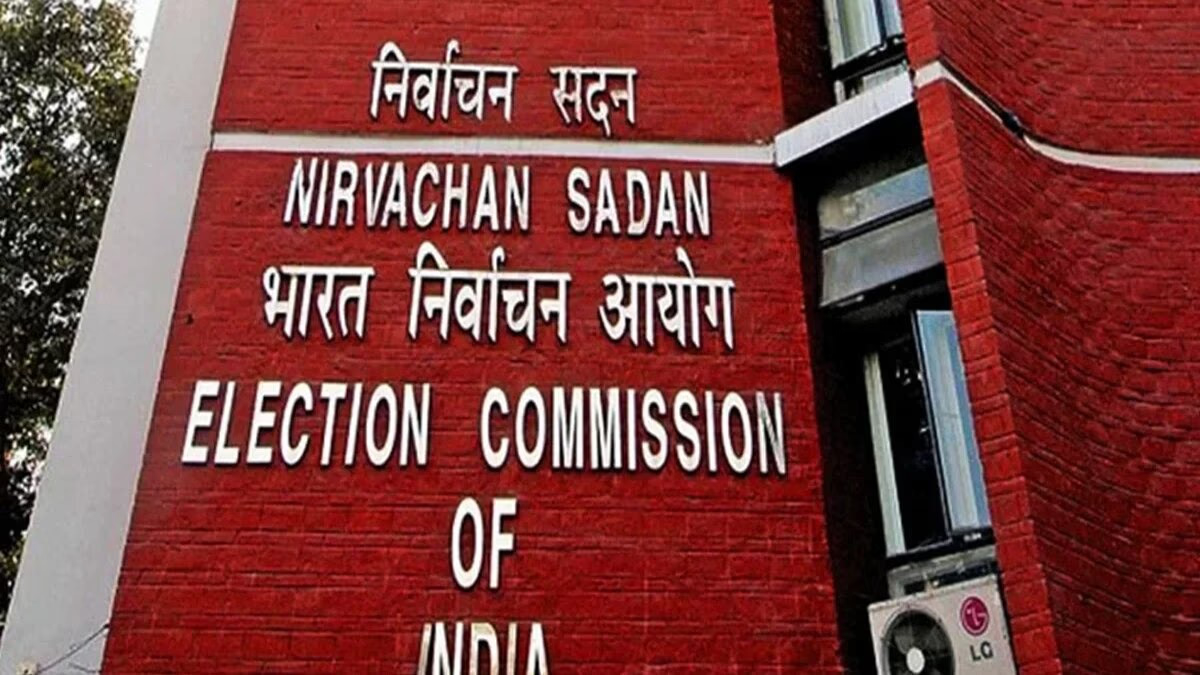In a bold move, the Uttar Pradesh Board of Madrasa Education has faced a significant legal setback. The High Court declared the UP Board of Madrasa Education Act 2004 unconstitutional, asserting that it violates the principles of secularism. Moreover, the Court instructed the UP government to devise a plan for the ongoing education of current madrasa students, emphasizing the need to integrate these students into the primary education system.
Petitioners, including Anshuman Singh Rathore, challenged the UP Board of Madrasa Education Act 2004 in court. The suit voiced concerns over the madrasa management funded by the government and the Minority Welfare Department. After deliberation, Justices Vivek Chaudhary and Subhash Vidyarthi’s division bench issued their transformative order.
In 2019, the High Court sent key questions regarding the madrasa board's operation and structure to a larger panel for consideration, particularly questioning whether the board's sole aim was religious education, a precarious issue under India’s secular constitution. Consequently, it was debated whether managing madrasa education under the Minority Welfare Department was appropriate when institutions of other minority communities operated under the Ministry of Education.
About the UP Board of Madrasa Act 2004
The UP Board of Madrasa Education Act 2004 was a law passed by the Uttar Pradesh government to enhance the education system in madrasas. The law stipulated certain norms for madrasas to be recognized by the board, which also provided guidelines on curricula, teaching resources, and teacher training.
Objectives and Criticisms of the UP Board of Madrasa Act 2004-
The Act aimed to improve the quality of education in madrasas, connect them with the modern educational system, and offer better employment opportunities for madrasa students. Nonetheless, the Act faced criticism for potentially diminishing the autonomy of madrasas and inhibiting secular education. Now, after thorough High Court hearings, the Act has been annulled for being unconstitutional.
Will Subsidized Madrasas Face Closure?
With the High Court's decision, government aid to all subsidized madrasas will end, potentially leading to their closure. Investigations revealed religious education was being funded by the government, contrary to secularism's fundamental precepts.
'Complaints of Foreign Funding'
The Yogi administration previously conducted a survey of madrasas within the state, uncovering 16,513 accredited and 8,500 unaccredited madrasas. Allegations followed that these madrasas received and misused foreign funding. An SIT was formed to investigate.
Recommendation to Shut Down Around 13,000 Madrasas
An SIT investigating illegal madrasas recommended the closure of approximately 13,000 to the Yogi government last March. Most illegal madrasas were found near the Nepal border, reportedly constructed with funds from Gulf countries over the past two decades. The SIT's report raised suspicions of a deliberate scheme utilizing hawala to fund these constructions. While most madrasas claimed to have built their premises through donations, they were unable to provide details on benefactors.




